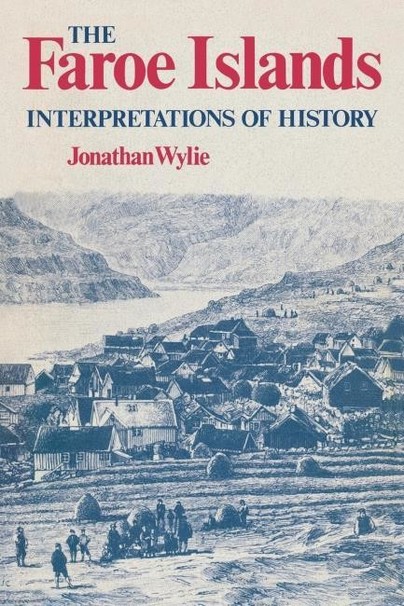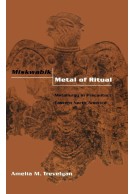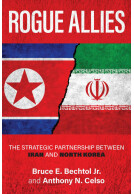The Faroe Islands (Paperback)
Interpretations of History
Imprint: University Press of Kentucky
Pages: 280
Illustrations: Illus
ISBN: 9780813160122
Published: 15th July 2014
Script Academic & Professional
Pages: 280
Illustrations: Illus
ISBN: 9780813160122
Published: 15th July 2014
Script Academic & Professional
This book will be reprinted and your order will be released in due course.
You'll be £23.00 closer to your next £10.00 credit when you purchase The Faroe Islands. What's this?
+£4.99 UK Delivery or free UK delivery if order is over £40
(click here for international delivery rates)
Order within the next 2 hours, 36 minutes to get your order processed the next working day!
Need a currency converter? Check XE.com for live rates
(click here for international delivery rates)
Order within the next 2 hours, 36 minutes to get your order processed the next working day!
Need a currency converter? Check XE.com for live rates
Stranded in a stormy corner of the North Atlantic midway between Norway and Iceland, the Faroe Islands are part of "the unknown Western Europe" -- a region of recent economic development and subnational peoples facing uncertain futures. This book tells the remarkable story of the Faroes' cultural survival since their Viking settlement in the early ninth century.
At first an unruly little republic, the islands soon became tributary to Norway, dwindled into a Danish-Norwegian mercantilist fiefdom, and in 1816 were made a Danish province. Today, however, they are an internally self-governing Danish dependency, with a prosperous export fishery and a rich intellectual life carried out in the local language, Faroese.
Jonathan Wylie, an anthropologist who has done extensive field work in the Faroes, creates here a vivid picture of everyday life and affairs of state over the centuries, using sources ranging from folkloric texts to parliamentary minutes and from census data to travelers' tales. He argues that the Faroes' long economic stagnation preserved an archaic way of life that was seriously threatened by their economic renaissance in the nineteenth century, especially as this was accompanied by a closer political incorporation into Denmark.
The Faroese accommodated increasingly profound social change by selectively restating their literary and historical heritage. Their success depended on domesticating a Danish ideology glorifying "folkish" ways and so claiming a nationality separate from Denmark's. The book concludes by comparing the Faroes' nationality-without-nationhood to the contrasting situations of their closest neighbors, Iceland and Shetland.
The Faroe Islands is an important contribution to Scandinavian as well as regional and ethnic studies and to the growing literature combining the insights and techniques of anthropology and history. Engagingly written and richly illustrated, it will also appeal to scholars in other fields and to anyone intrigued by the lands and peoples of the North.
Other titles in University Press of Kentucky...















